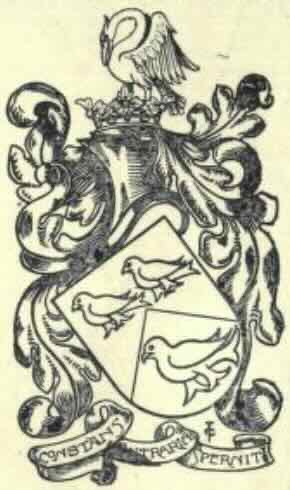- February 9, 1731
Sir Lucius Henry O’Brien, 3rd Baronet PC (Ire) (2 September 1731 – 15 January 1795) was an Irish baronet and politician for 34 years.
Sir Lucius O’Brien was born on February 8, 1800. He was a member of the prominent O’Brien family of County Clare, Ireland, and became involved in politics during the 19th century.
He was a man of quite different parts to his father, an intellectual, a Greek and Latin scholar and a brilliant politician. He entered S.C. at Trinity College Dublin, on 9 July 1748, at the age of sixteen. He became a B.A. Vernon in 1752. Joined the Irish bar in 1758, and succeeded his father, as 3rd Baronet of Dromoland, becoming a Privy councillor and M.P.
O’Brien was the son of Sir Edward O’Brien, 2nd Baronet and his wife Mary Hickman, inheriting the baronetcy on the death of his father in 1765. He was educated at Trinity College Dublin and entered the Middle Temple in 1753, later becoming a barrister.
Sir Lucius O’Brien was known for his opposition to the Act of Union of 1800, which united Great Britain and Ireland into the United Kingdom of Great Britain and Ireland. He represented the County Clare constituency in the British House of Commons as a Member of Parliament (MP) from 1832 to 1847.
O’Brien was a supporter of Irish nationalism and campaigned for the repeal of the Act of Union, advocating for greater autonomy for Ireland within the British Empire. He was associated with the Repeal Association led by Daniel O’Connell, which sought to achieve the repeal of the Act of Union through peaceful and constitutional means.
In addition to his political career, Sir Lucius O’Brien was also involved in philanthropic and social reform efforts in Ireland, particularly in County Clare, where he sought to improve living conditions for tenants and promote education and infrastructure development.
Sir Lucius O’Brien’s opposition to British rule and his advocacy for Irish autonomy made him a significant figure in 19th-century Irish politics. His contributions to the cause of Irish nationalism and his efforts to address social and economic issues in Ireland are remembered and honored in Irish history.

 ← Robert Edgeworth, former MP, dies
← Robert Edgeworth, former MP, dies
 Birth of Sackville Hamilton, politician and civil servant →
Birth of Sackville Hamilton, politician and civil servant →